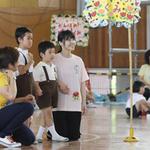Introduction to Hyogo University Junior College
Overview
Hyogo University Junior College (Hyogo University Junior College, referred to as "Hyogo University Junior College") is a private junior college located in Kakogawa City, Hyogo Prefecture, Japan, established in 1967. The school aims to cultivate talents with high-level professional skills and humanistic qualities, especially in the fields of conservation and art design. Hyogo University Junior College is committed to cultivating professionals who can play an important role in various professional fields and social welfare.
Campus
The main campus of Hyogo University Junior College is located in Kakogawa City, Hyogo Prefecture. The specific address is as follows:
Address: 2-1-1, Hongo-cho, Kakogawa City, Hyogo Prefecture, 〒674-0034
Educational Philosophy
Hyogo University Junior College adheres to the educational philosophy of "respecting life and pursuing truth", emphasizing the cultivation of students' practical operation ability and ability to solve practical problems. The school is committed to cultivating talents with rich humanistic qualities and professional skills, and pays special attention to the comprehensive development and personality development of students.
Subject Setting
The Junior College of Hyogo University has the following subjects:
Childcare Department
Childcare Department
Art Design Department
Art Design Department
Featured Courses
Childcare Department: Learn the basic theories and practical skills of childcare, and cultivate professionals who can work in kindergartens, nurseries and child welfare institutions. Courses include child development psychology, childcare methods, children's literature, music and dance, etc.
Art Design Department: Learn the basic theories and practical skills of art and design, and cultivate professionals who can work in the fields of advertising, graphic design, illustration and artistic creation. Courses include painting, graphic design, photography, illustration, etc.
Practical Teaching
The school has advanced experimental equipment and laboratories, providing students with rich practical teaching resources. Students can master the practical skills of various subjects through experiments and internships. The school has also established cooperative relationships with many kindergartens, nurseries, design companies and art institutions, providing students with rich internship and practice opportunities.
Ranking
The Junior College of Hyogo University has a high reputation in the fields of childcare and art design, especially in childcare education. The school also performs well in graduate employment rate and student satisfaction.
Fees
Admission fee: about 200,000 yen
Tuition fees:
Nursery and art design: about 700,000 to 800,000 yen per year
Specific fees may vary. It is recommended to contact the school directly for the latest information.
Campus
The campus of Hyogo University Junior College is beautiful and well-equipped, including modern teaching buildings, laboratories, libraries and sports facilities. The school also has student dormitories to provide convenient living conditions for out-of-town students.
Contact information
Tel: +81-79-464-1111
Fax: +81-79-464-1112
Email: info@hyogo-u.ac.jp
Other information
Internship opportunities: The school has established cooperative relationships with many kindergartens, nurseries, design companies and art institutions, providing students with abundant internship and practice opportunities.
Employment support: The school has a career guidance center to provide students with employment consultation, resume writing guidance and interview skills training to help students find employment smoothly.
International Exchange: The Junior College of Hyogo University actively participates in international exchange programs and has established cooperative relationships with universities in many countries to provide students with opportunities for overseas study and exchange.
Scholarship System: The school has established a variety of scholarship systems to help students reduce their financial burden.
-
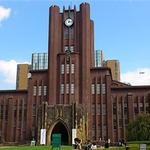
The University of Tokyo
-
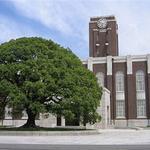
Kyoto University
-
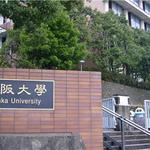
Osaka University
-
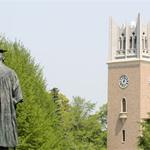
Waseda University
-
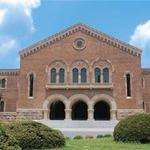
Hitotsubashi University
-
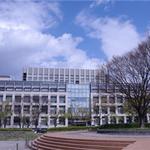
Nagoya University
-
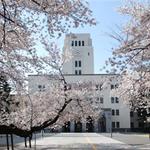
Tokyo Institute of Technology
-
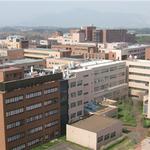
University of Tsukuba
-
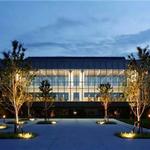
Keio University
-
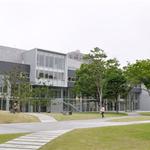
Tohoku University
-

Mesoamerican University
-

Istmo University
-

Mariano Galvez University of Guatemala
-

Regional University of Guatemala
-

Galileo University
-

Francisco Marroquín University
-

Rafael Landívar University
-

University of the Valley of Guatemala
-

University of San Carlos of Guatemala
-

Technological Institute of Tlaxcala Plateau
-

Golfo University
-

Technological University of South Sonora
-

Technological University of Huejotzingo
-

Tizimín Institute of Technology
-

Chilpancingo Institute of Technology

